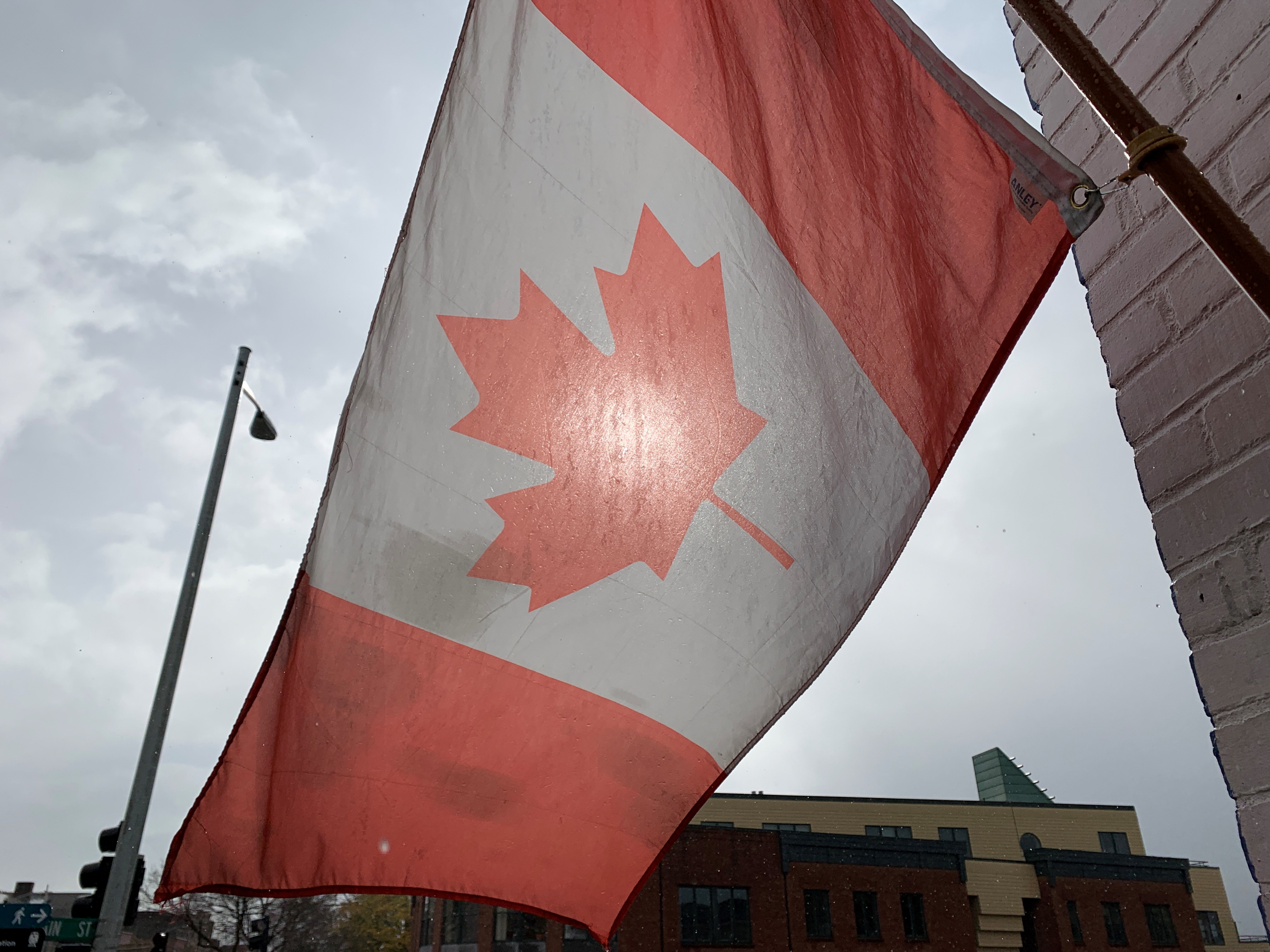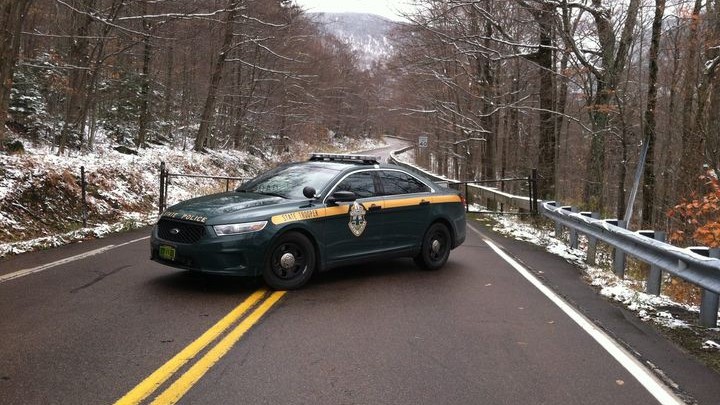After the nation on Wednesday crossed the grim milestone of 750,000 COVID-19 deaths in Johns Hopkins University's count, some are wondering how communities nationwide may honor those victims.
In the landmark Hope Cemetery, which showcases the skill and artistry that made Barre, Vermont, famous for its granite carving industry, you will find a tribute to lives lost to the Spanish Flu.
The disease claimed 50 million lives worldwide, and about 675,000 in the United States. Those people are hardly remembered anywhere else in monument form, except for in Barre.
That’s a shame, believes Brian Zecchinelli, a central Vermont restaurant owner.
"It wasn't going to be 'the forgotten flu' if I had anything to do with it," Zecchinelli said Thursday of the Spanish Flu.
In 2018, a century after that pandemic, Zecchinelli led the charge to install the memorial to it in Barre. As NECN reported at the time, Zecchinelli’s grandfather died from the Spanish Flu.
Now, with the current disease crisis recently claiming the life of another relative in Italy, Zecchinelli hopes that permanent commemorations of coronavirus' place in history will sprout up around the nation.
"Certainly, we've lost a lot of lives — we don’t want to forget all those loved ones we lost to this pandemic," he said. "But we also want to take this opportunity to lift up all those doctors, nurses, first responders and scientists that helped save so many lives."
The quality, color and durability of Barre granite has made it a preferred choice for monuments, so the Barre Granite Association does expect the city’s stoneworkers will some day field requests for public COVID memorials.
"It won't be 100 years," predicted Doug Grahn of the association. "I'm sure there are people already planning something, once we can get beyond this."
So far, we’ve seen digital remembrances, like the New England-born Faces of COVID project. And of course, there have been many more fleeting honors, such as how Vermont flags were lowered to half-staff on the 19th of every month from April 2020 through the end of last year.
In terms of a physical place you can visit and pay respects, a Burlington woman touring Hope Cemetery Thursday said she expects, in time, that COVID sites won't be as rare as ones remembering the Spanish Flu.
"I think we'll have a lot more remembrances, yes," Peggy Horton said. "Or monuments to the COVID [victims], yes, I do. I don't think it'll be like 1918."
That would be good, Zecchinelli said, believing eventual markers to COVID could preserve our collective memories, to keep history from repeating itself with yet another pandemic.
"The future's going to be different," said Zecchinelli, the underwriter of the Spanish Flu reflection bench in Barre. "But the future's going to be bright."
On Thursday, Vermont reported six new COVID deaths and 487 new infections — far higher than any other single day of the pandemic.
Gov. Phil Scott urged eligible people who have not yet been vaccinated to get the shots, reminded people to get their boosters when eligible and encouraged parents of newly eligible 5-11-year-olds to make plans to get their kids vaccinated.
He also encouraged Vermonters to limit sizes of gatherings, to gather outdoors and to wear masks indoors — regardless of vaccination status.
More Vermont News
Unvaccinated people have an added responsibility to wear masks indoors, keep six feet apart from others and to regularly seek COVID-19 tests, Scott added.
"We believe that if all Vermonters band together to make smart choices in the coming weeks, we can make sure that today’s uptick is not a trend that drives greater hospitalizations and deaths," the governor said in a statement. "But it takes all of us stepping up and committing to those smart choices, starting with getting vaccinated if you have not done so. We do not want to take any steps backwards, but we need your help to make smart choices in your daily lives to protect the healthcare system and keep us moving forward."



